Our Leadership
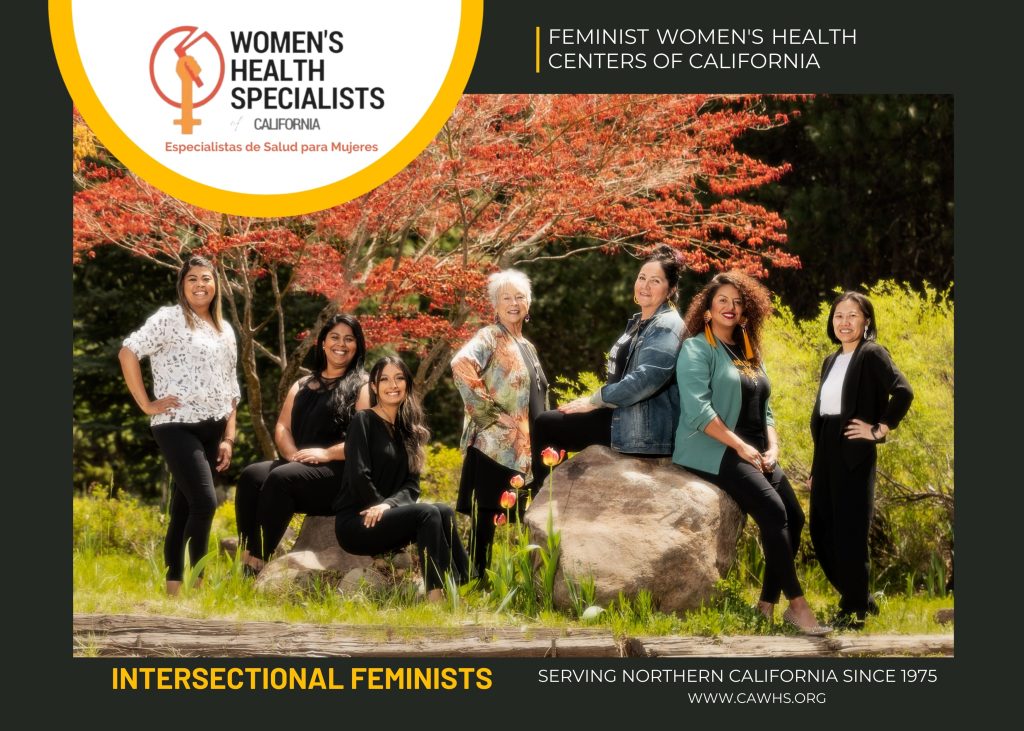
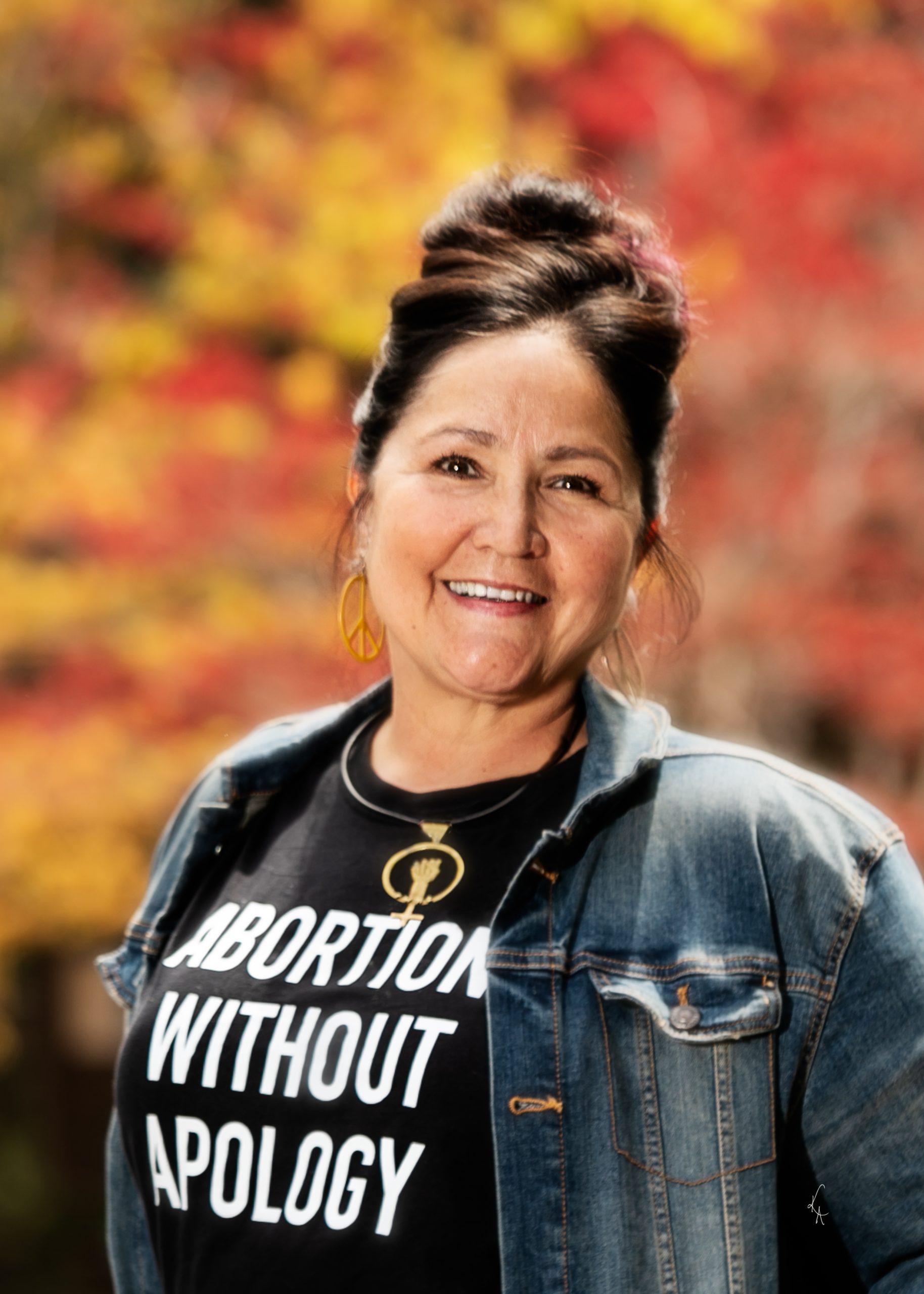
Katrina Maczen-Cantrell (she/her)
Executive Director
Katrina Maczen-Cantrell began her work at Women’s Health Specialists in 1985 as a volunteer. Her innovative vision and extraordinary leadership has helped WHS emerge as a model for health care delivery and community engagement.
Inspired by her grounding in Native American culture, Katrina has applied indigenous attitudes and techniques to her mission of keeping women’s health in women’s hands with the support of her colleagues, community and organization. She continues to work toward this goal by focusing on the pursuit of cultural and economic self-determination for marginalized people while providing reproductive health services and education to all communities.
Katrina is a co-founder and current chair of the Northstate Women’s Health Network. She also serves as Board President of the Native American Women’s Health Education Resource Center in South Dakota, as a Board Member of SisterSong Women of Color Reproductive Justice Collective and on the Title X Education Committee of the California Family Health Council. She is former Board Member of the National Network of Abortion Funds and the National Women’s Health Network of Washington, D.C. Katrina was awarded the Anna Mae Picton Aquash Award for Activism by the Indigenous Women’s Network in New York City; the C. Lalor Burdick Award as an “Unsung Hero” by the National Abortion Federation; and she was a keynote speaker, along with other national leaders at the National March for Women’s Lives in Washington D.C.
Cindy Xiong
(she/her)
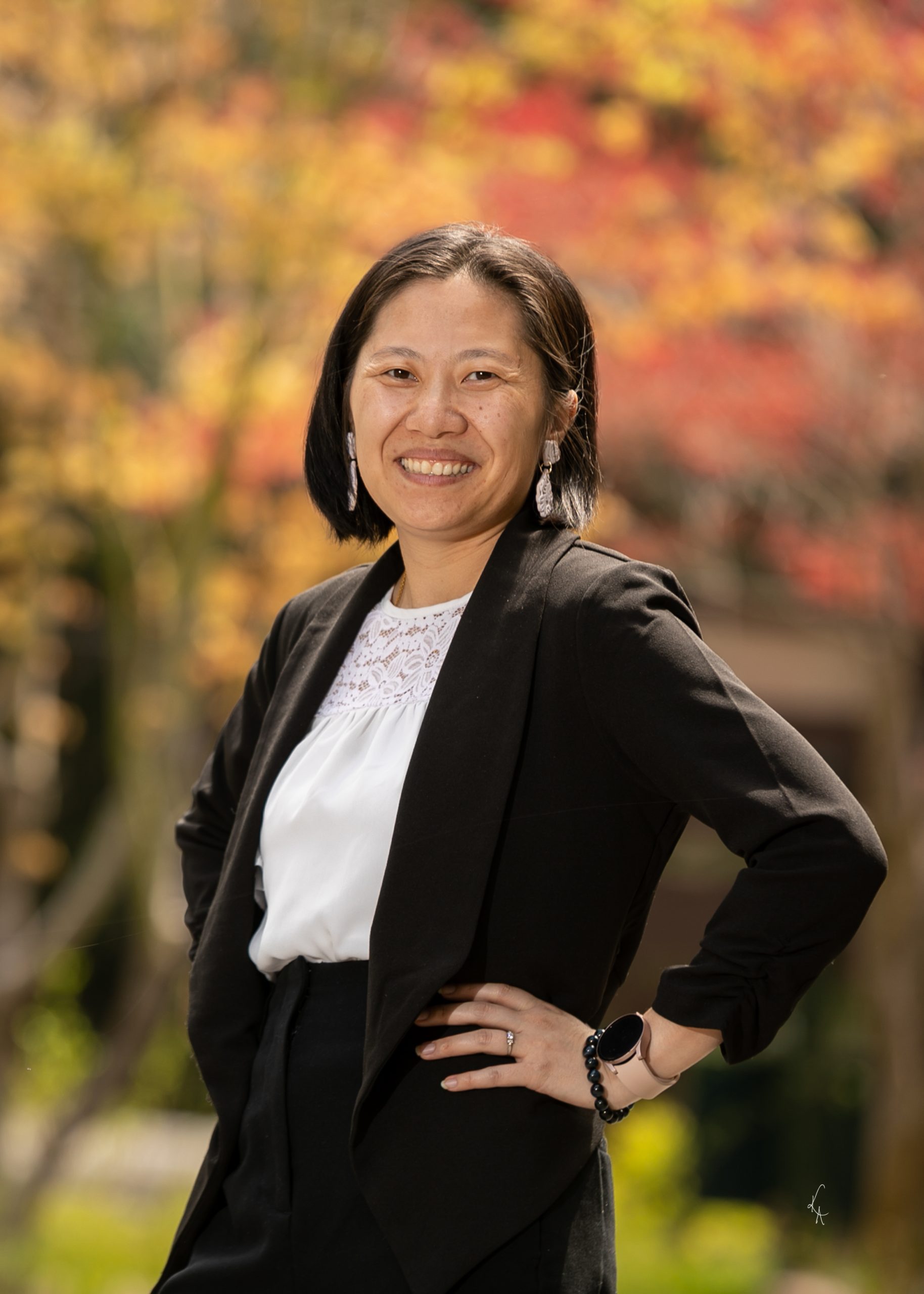
Director of Health Services
Danielle Brewster
(she/they)
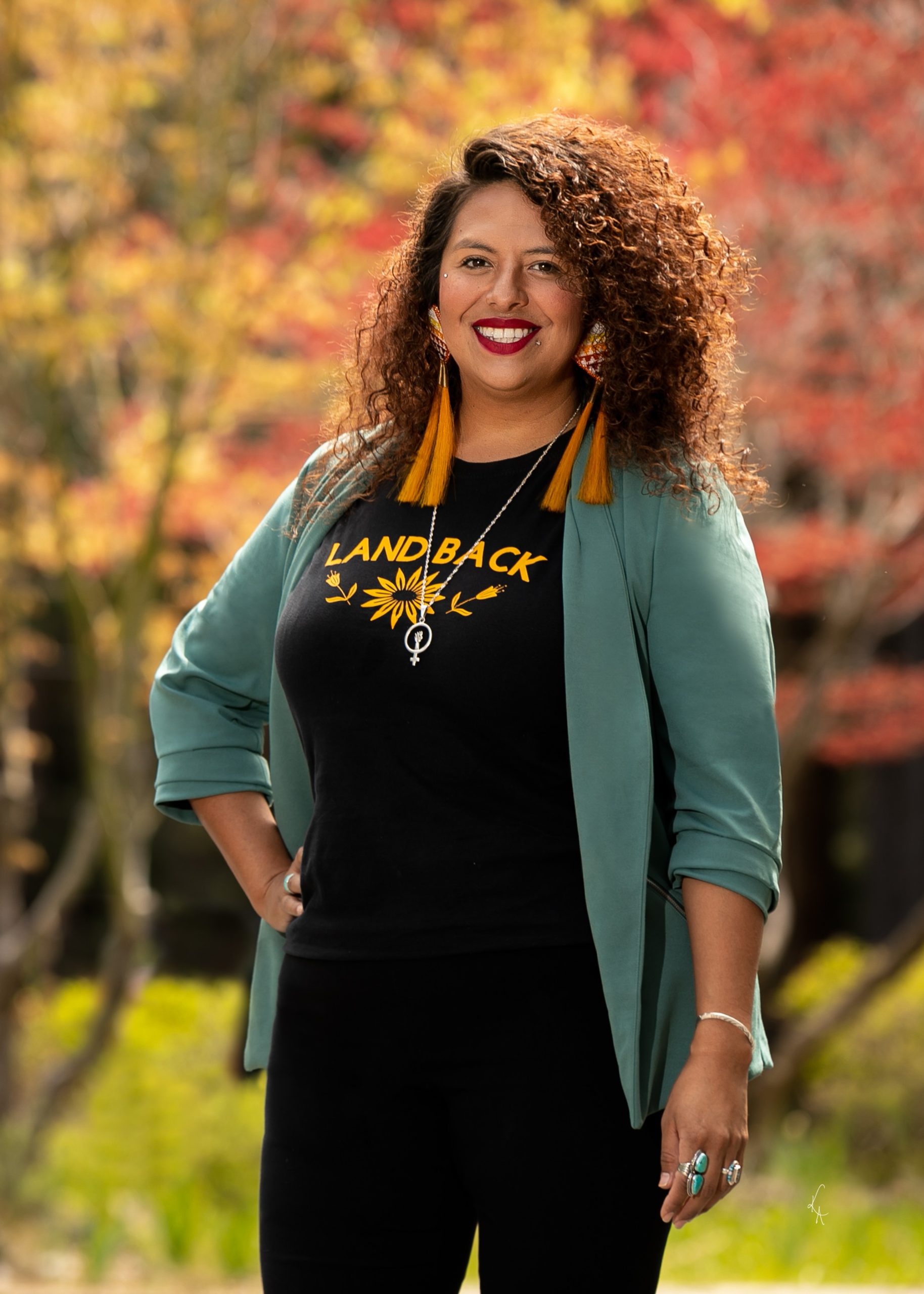
Director of External Affairs
Gloria Barreto
(she/her)
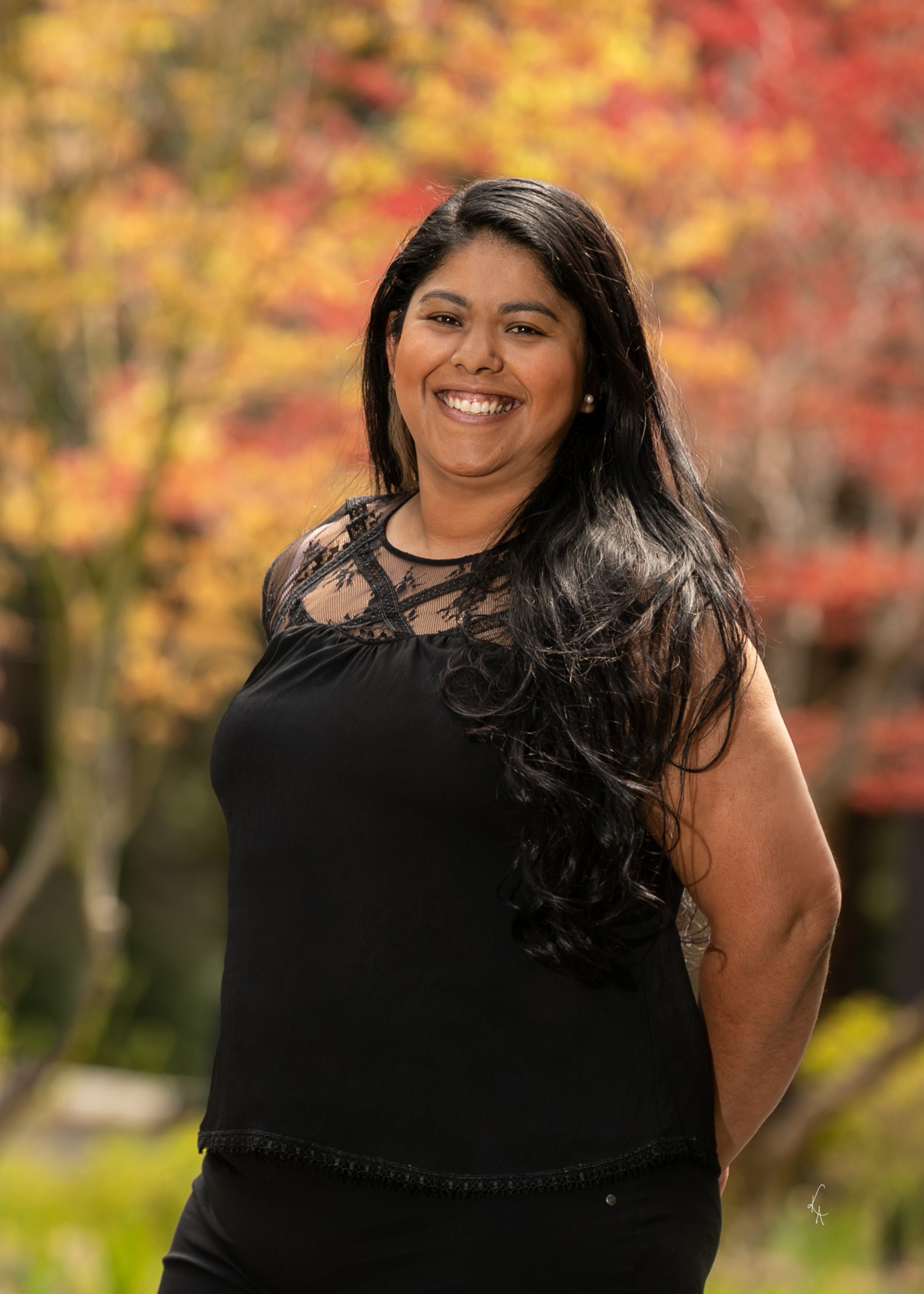
Redding Clinic Manager
Maria Barreto
(she/her)
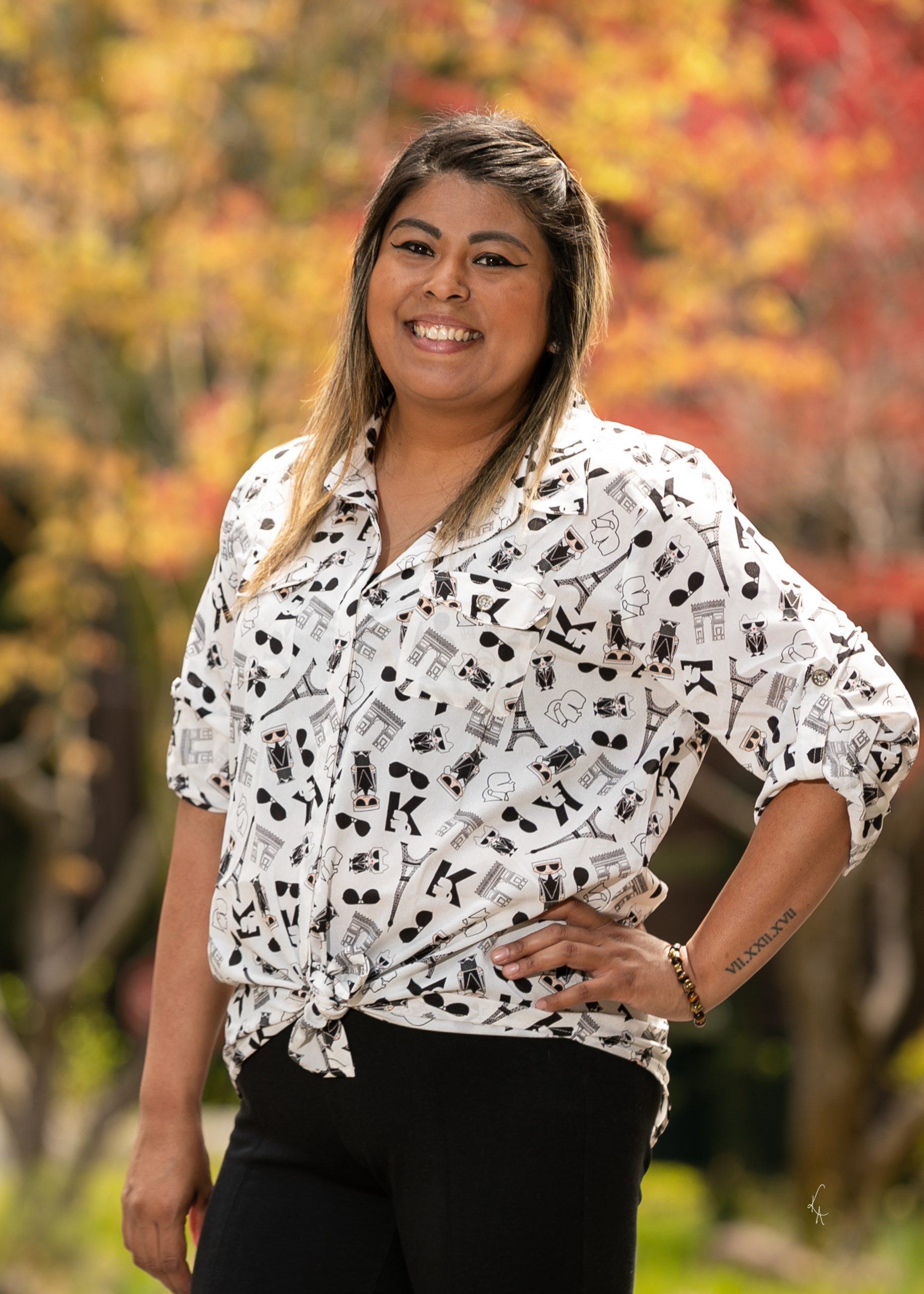
Chico Clinic Manager
Linda McCrea
(she/her)
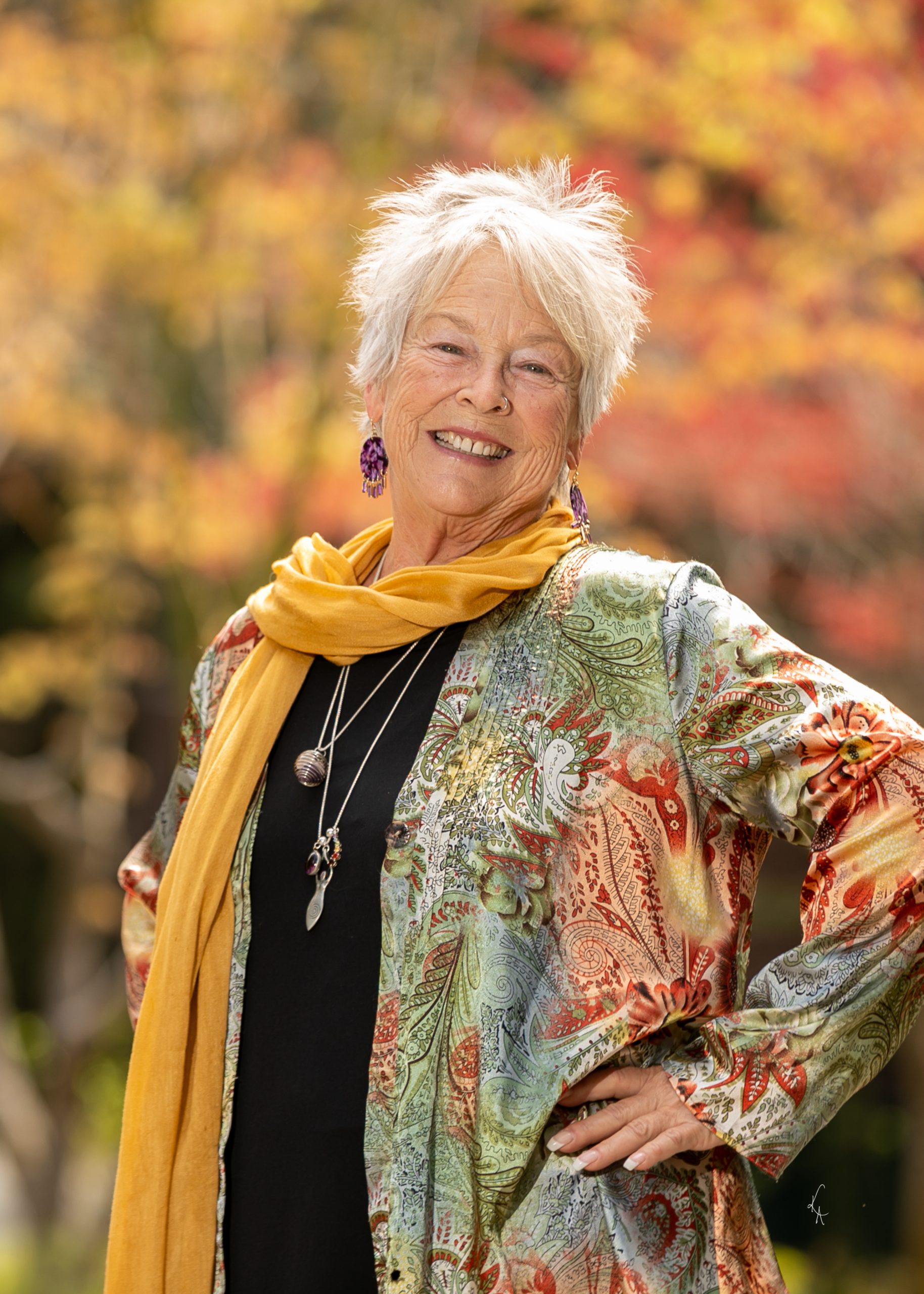
Community Partnership Coordinator
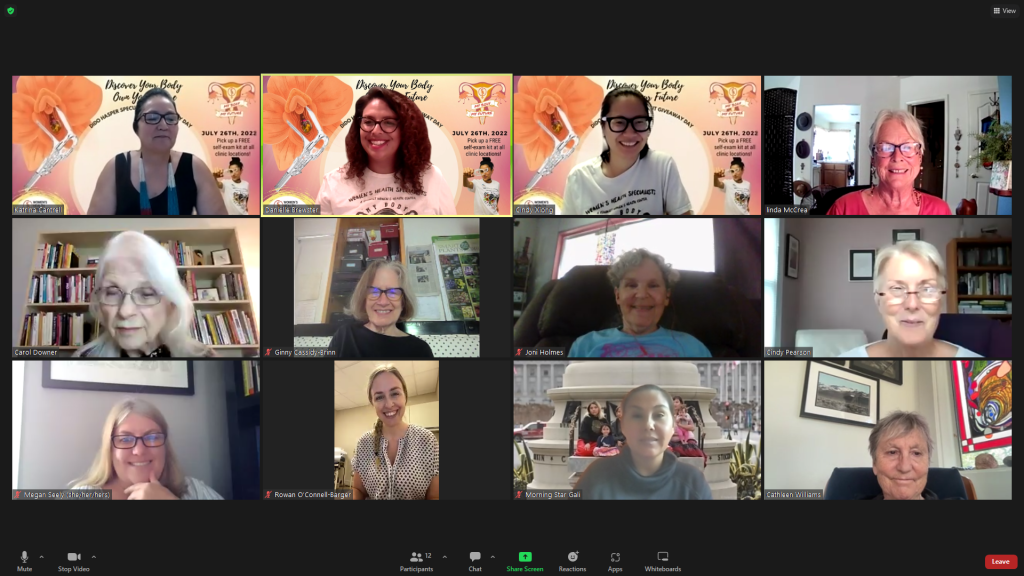
Our Board Of Directors
Cindy Pearson, Washington, DC
Carol Downer, Esq., Los Angeles, CA
Megan Seeley, MA, Sacramento, CA
Cathleen Williams, PhD, Esq., Sacramento, CA
Danielle Brewster, Redding, CA
Linda McCrea, Redding CA
Ginny Cassidy-Brinn, ARNP, Seattle, WA
Rowan O'Connell-Baerger Price, New Haven, CT
Morning Star Gali, Sacramento, CA
Joan Holmes, PHN, Redding, CA